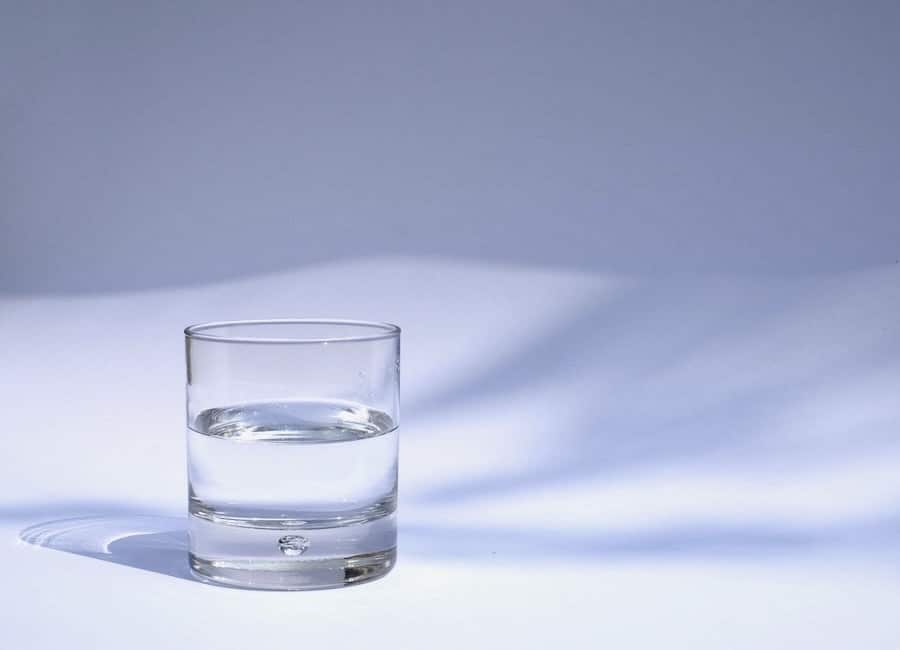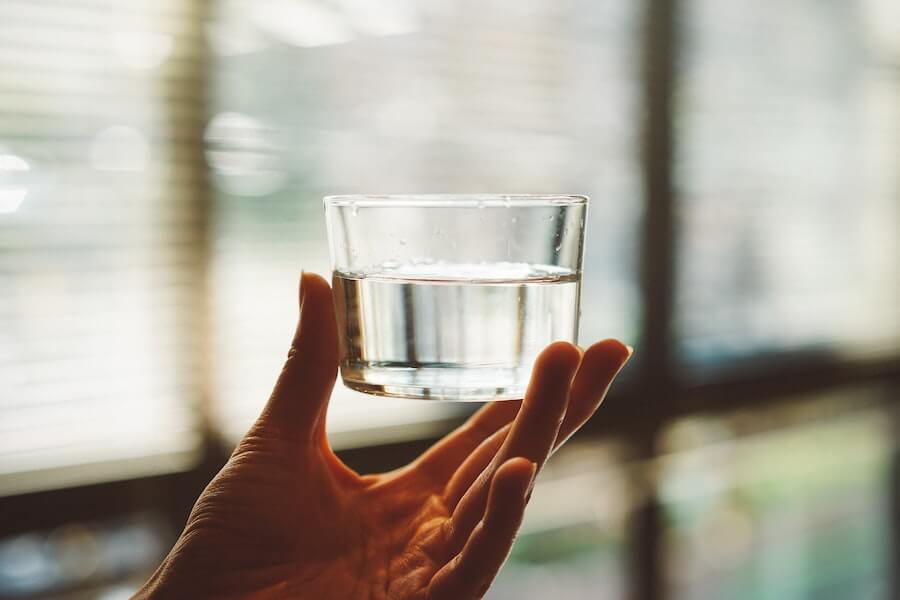Have you ever woken up after a night of partying and wondered whether you can fast with a hangover?
Fasting successfully brings with it a myriad of health benefits such as weight control, fat burning, autophagy (where the body recycles damaged cells), increased HGH (human growth hormone), protection against disease, clearer thinking, and more.
But achieving those benefits depends on supporting your body correctly in preparation for and during the fast.
So, how you approach fasting is crucial to whether you have an easy or difficult experience, and whether you enjoy success or failure.
Staying hydrated and getting enough rest are two essential components of a successful fast.
Whether you opt for drinking vegetable broth or doing a pure water fast, the experience can be uplifting and/or challenging, especially if we aren’t properly prepared.
Preparation includes practising intermittent fasting to get used to going periods of time without eating before doing a longer fast, and removing refined sugars and processed foods from our diet before going on the fast.
By eating whole foods we reduce cravings and make the fasting experience easier and more effective.
The short answer is that if you fast with a hangover, you may create more difficulties, setting the stage for dehydration, headaches and food cravings, all leading to increased hunger and potentially, unnecessary failure.
In this article, we look at how to get the best out of a fasting experience and offer guidance on enjoying all the benefits of a successful fast.
(If you’d like my support to get on track with your goals, please complete the form in the sidebar for a free no-obligation call.)
Table of Contents
Bottom Line: Can I Fast with a Hangover?
When you’re experiencing a hangover your body is dehydrated and you will have lower blood sugar levels, causing you to start craving carbohydrates. This will make it much more difficult to succeed in fasting and can lead to an epic fail in the fast because of succumbing to hunger and eating, or because of leading to binge eating once you’ve finished the fast. It would be much better to prepare properly for the fast by drinking plenty of water, eating nutrient-dense foods and removing refined sugars from the diet before fasting so that you can complete the fast without any terrible cravings or feelings of ill effects. In other words, if you’ve decided to fast, do the preparation and do it right so that you don’t add extra challenges to your journey and so that you can benefit from enhanced fat burning, autophagy, increased energy and mental clarity and an overall feeling of wellbeing.
If you’re interested in fasting but finding alcohol getting in your way, or if you’ve decided that maybe you want to change your relationship with alcohol, the easiest way to do that is to transform your subconscious beliefs first.
We can modify or transform any unwanted habit easily once the subconscious mind is on board.
So the work isn’t in changing the physical behaviour so much as changing our deep subconscious beliefs and then the physical behaviour will follow suit.
We can do this in many ways, through meditation at home, inner journeying, self-hypnosis or enlisting the help of a mindset coach to empower our decisions and help us to unlock our inner potential.
Related articles: Mindset Coaching to Smash Your Goals
Why Shouldn’t I Fast With A Hangover?
When you have a hangover your body’s dehydrated, low in blood sugar and is busy trying to eliminate the toxins from your bloodstream.
Low blood sugar will make you crave food in the form of carbohydrates, increasing your desire to eat. You may wonder when you will stop feeling hungry on a water fast, but the truth is, you may be experiencing much more difficult hunger pangs because you’ve just been drinking alcohol.
Not only that, but you might experience brain fog, fatigue, headache, vomiting and general malaise.
While in this state it’s important to drink lots of water and to allow your body to do its job. You’ve put your liver under stress so instead of adding to it, give yourself time to recover before you start your fast.
If you add a fasting state to this situation, while it won’t actually create more damage, it will make the situation much worse for you because it will be more unpleasant than it needs to be.
And that can set you up to fail.
What Happens During a Hangover?
For a more detailed look at what happens during a hangover, take a look at this article on Quartz.
How to Handle a Hangover
The best way to handle a hangover is to drink plenty of fresh water both during your alcohol window, before you go to bed, during the night and when you wake up.
To reduce the strength of the hangover, make sure you eat a solid meal with carbohydrates before you start drinking, which will slow the absorption of the alcohol and help the body to process it.
Alternate your drinks with water and if possible, choose lighter-coloured drinks as they’ve been shown to cause less severe hangovers than the darker drinks.
When you wake up craving food, eat.
Eat some carbs and allow yourself the luxury of indulging in less healthy foods. After all, drinking too much alcohol isn’t a healthy choice in the first place, so the least you can do is help your body to clean up your mess after you’ve created it!
It isn’t necessary to eat fatty foods the day after the drinking though, as the fat does nothing to help clear the hangover.
If you’re interested in changing your relationship with alcohol or breaking off the love affair with alcohol, you may be interested in these tips on giving up alcohol more easily.
And if you ever ask yourself if it’s worth it to give up alcohol, the answer is yes. You don’t have to give up forever if you don’t want.
But playing with periods of time drinking zero alcohol is a great way to stay in control (if you’re a control freak like me at any rate) and to give the body a break.
Setting Yourself Up for Success When Fasting
Even before you fast you want to rid yourself of any refined sugars in your diet as this will reduce cravings and headaches.
Spend a few days not drinking alcohol and remove sweet things, processed foods, white bread, pasta, biscuits and cake from your diet.
By breaking the sugar addiction before you start fasting, you’ll save yourself from the problem of sugar cravings during your fast.
As well as doing this and setting yourself up physically for fasting by breaking the sugar cycle, you can also set yourself up for success mentally.
Visualise yourself being extremely happy in your fasting state – proud of yourself for not eating during your fasting window.
You can eat again whenever your set fasting time is completed and you’ll get all the benefits of autophagy and the health benefits that come with it, including weight loss.
Remind yourself of these goals before you even start. Phych yourself up for success!
As well as visualisation, you can also practise self-hypnosis to change your inner beliefs around eating.
One of the main reasons for struggling with fasting is the belief that you’re missing out on something.
Once the subconscious mind is convinced that it’s totally cool not to eat, it will accept the fasting state with much more ease.
I wrote about my experience with a 5-day fast in this article.
Final Thoughts on Fasting With a Hangover
In my opinion, there’s no reason to fast with a hangover.
It’s just like trying to sabotage your own progress. If you’re planning to start a fast and unwittingly end up with a hangover on that day, you’d be much better off postponing the fast until you’re feeling fit and well.
That way you get the success you’re looking for and have a great experience with fasting, whether it be a prolonged fast or an intermittent fast.
If you do go on with a fast despite suffering from a hangover, be sure to include extra water throughout the day and a positive mindset to help you sail through the day.
Fasting is one of life’s hidden gifts which can be unwrapped at any time we feel ready, and choosing the right time to approach it can increase the benefits it brings.









